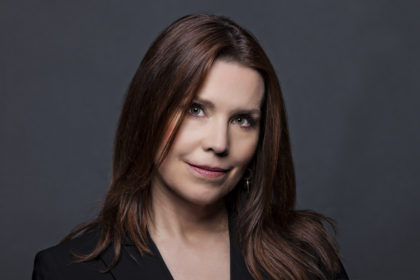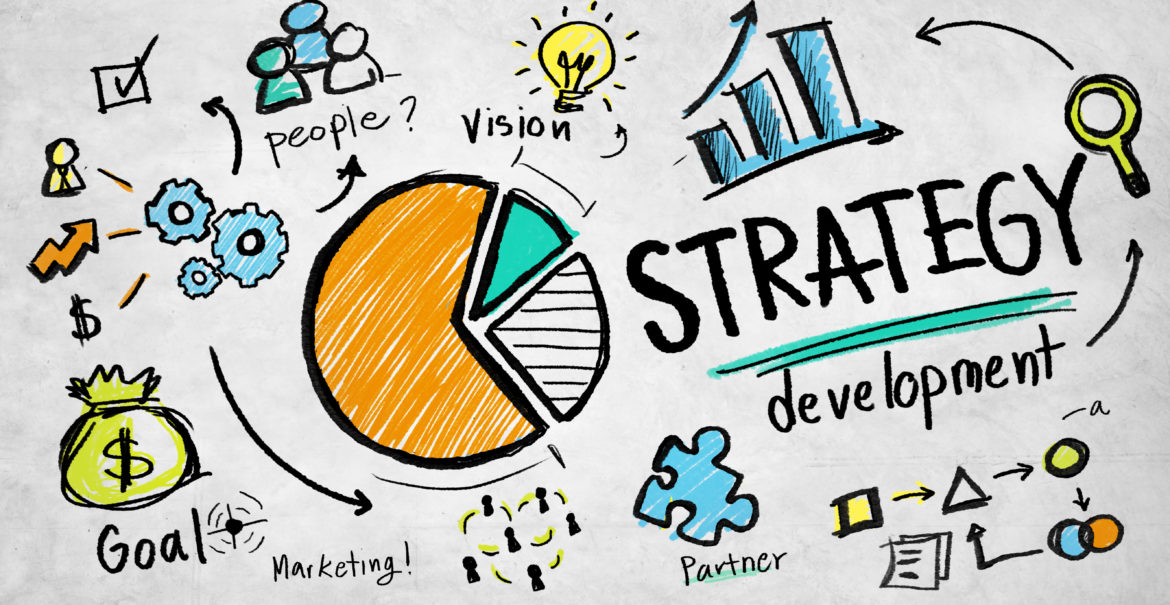
Annie Duke has leveraged her expertise in the science of smart decision making to excel at pursuits as varied as championship poker to public speaking.
Here is what Annie had to say when we asked her about making effective decisions:
GenHERation®: What is resulting and how does it affect the decision making process?
Annie Duke: Resulting is when you create too tight a relationship between the quality of the outcome, good or bad, and the quality of the decision. You judge the quality of a decision based on results—a bad outcome means you made a bad decision and vice versa. For example, if you lose in chess, you will probably conclude that you must have made bad decisions. However, this is an error. When you were playing the game, you made what you thought were the best decisions. Consider another example. If you drove drunk, but made it home safely, it does not mean your decision to drive drunk was a good decision. Therefore, you can’t use outcome quality as a perfect signal of decision quality. You need to evaluate the quality of a decision given the information available at the time and before the result happens.
GenHERation®: What are the 3 Ps of decision making?
Duke: Every single decision is a prediction about the future. If I am deciding between the chicken and fish, I am making a forecast about the future. Treat decisions like a weather forecast. First, consider your possibilities. How could this decision turn out? What are the different ways? For example, if you launch a startup, the business could make money or lose money. Second, for all of those possibilities, determine what your preference is for those outcomes. To make good decisions, you have to understand your goals and values, which will inform your preferences for various outcomes. Preferences are unique to you, which means you can’t base your decision off of what worked for someone else. Do you feel more favorable about your startup making money than losing money? Third, determine how likely each outcome is to occur, or the probability. To figure out if a decision is good or bad, estimate each of the probabilities. How likely is it that your startup will sell and have an IPO? Remember, with each decision there is a certain amount of skill that goes into it as well as a matter of luck.
GenHERation®: Should you use your gut instinct when making decisions?
Duke: There are confounding factors that come into play when making decisions, such as cognitive bias and noise, like when you make a decision on a Tuesday when you didn’t eat breakfast and Thursday after you had pizza. Cognitive bias and noise live in your gut. When you decide with your gut, you lower the quality of the decision you make, which increases the chances of a more unfavorable outcome. To avoid this, try using the happiness test. When you are trying to make a decision, ask if the decision you make will have an impact on you one year from now. Will choosing the chicken over fish mean anything in the future? The only time it is really effective to use your gut is when you have already sorted things into good and bad options. If I looked at the menu and eliminated the steak and eggplant, and am down to chicken and fish, it is alright to make a fast decision and choose between the two using my gut.
GenHERation®: How can you account for emotions when it comes to decision making?
Duke: To deal with emotions, time travel. Look into the future and determine if you will regret a decision or be okay with it. When you have those racing thoughts and feelings, stop, take a breath, and question how you will feel about this particular thing in a week. Another way to deal with your emotions and make effective decisions is to recognize in advance when you will be in an emotional state and agree to not make decisions then. For example, don’t make any big decisions after a fight or breakup.
GenHERation®: How did you use gender stereotypes to your advantage to win at the poker table?
Duke: I think what we need to do is think about what we can and can’t control, and about what our short and long-term goals are. I started out playing poker in Montana and it was pretty machismo. The men weren’t very nice to me. I was told to leave if I didn’t like it. Had my goal been to have a good, social time that would not have been my preference. My goal was not to have the other men at the table like me (that’s bad in poker). I wanted to win a game that I loved playing. I couldn’t control how others spoke to me, so I focused on what I could control. I figured out how I could strategically punish men for being jerks to me by beating them at poker (and taking their money!). When I was playing poker, there weren’t other women to lean on for support. That’s why I also continued to fight on. I hoped that my playing would change the environment for female poker players in the future. If you can be an advocate for others, do it, or if you know someone who can intervene and help you, call them.
Annie Duke has leveraged her expertise in the science of smart decision making to excel at pursuits as varied as championship poker to public speaking. Annie’s latest book, How to Decide: Simple Tools for Making Better Choices, is out now. Her previous book, Thinking in Bets, is a national bestseller. In the book, Annie reveals to readers the lessons she regularly shares with her corporate audiences, which have been cultivated by combining her academic studies in cognitive psychology with real-life decision making experiences at the poker table. For two decades, Annie was one of the top poker players in the world. In 2004, she bested a field of 234 players to win her first World Series of Poker (WSOP) bracelet. The same year, she triumphed in the $2 million winner-take-all, invitation-only WSOP Tournament of Champions. In 2010, she won the prestigious NBC National HeadsUp Poker Championship. She retired from the game in 2012. Prior to becoming a professional poker player, Annie was awarded a National Science Foundation Fellowship to study Cognitive Psychology at the University of Pennsylvania, where she earned her master’s degree. Annie now spends her time writing, coaching, and speaking on a range of topics, such as decision fitness, emotional control, productive decision groups, and embracing uncertainty. She is a regularly sought-after public speaker, addressing thousands in keynote remarks at conferences for organizations ranging from the Investment Management Consultants Association to the Big Ten Conference. She has been brought in to speak to the executive teams or sales forces of organizations like Marriott, Gaylord Resorts, and Ultimate Software, among others. She is a sought-after speaker in the financial sector, with clients such as Susquehanna International Group and Citibank. Annie regularly shares her observations on decision making and critical thinking skills on her blog, Annie’s Analysis, and has shared her poker knowledge through a series of best-selling poker instruction and theory books, including Decide to Play Great Poker and The Middle Zone: Mastering the Most Difficult Hands in Hold’em Poker (both co-authored with John Vorhaus). Annie is a master storyteller, having performed three times for The Moth, an organization that preserves the art of spoken word storytelling. One of her stories was selected by The Moth as one of their top 50 stories and featured in the organization’s first-ever book. Her passion for making a difference has helped raise millions for charitable causes. In 2006, she founded Ante Up for Africa along with actor Don Cheadle and Norman Epstein, which has raised more than $4 million for Africans in need. She has also served on the board of The Decision Education Foundation. In 2009, she appeared on The Celebrity Apprentice, and raised $730,000 for Refugees International, a charity that advocates for refugees around the world. In October 2013, Annie became a national board member for After School All-Stars. In 2014, Annie co-founded The Alliance for Decision Education to build a national movement that empowers teachers, school administrators, and policymakers to bring Decision Education to every middle and high school student. In 2016, she began serving on the board of directors of The Franklin Institute, one of America’s oldest and greatest science museums. In 2020, she joined the board of the Renew Democracy Initiative. Annie currently resides in the Philadelphia area.



Comments (0)